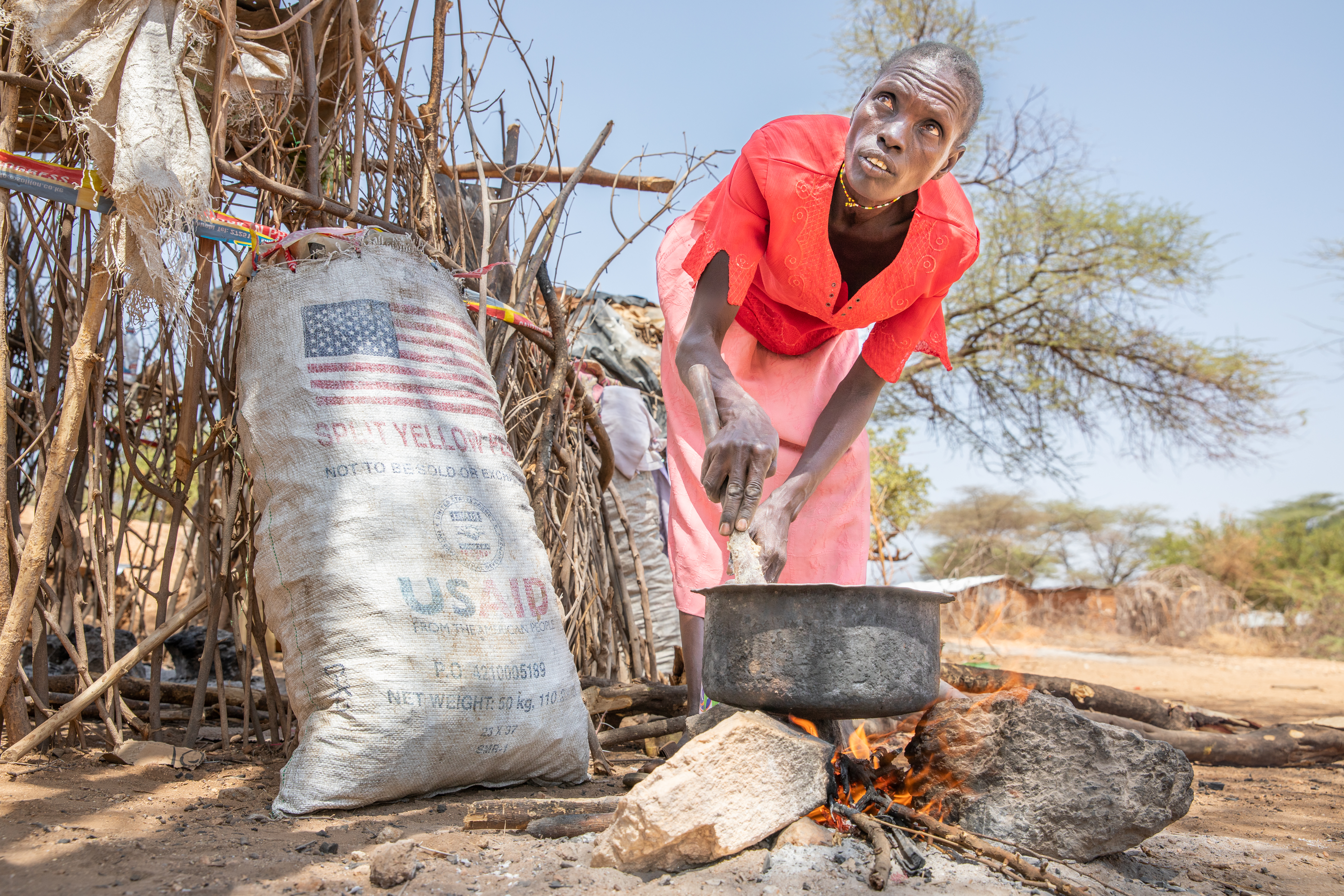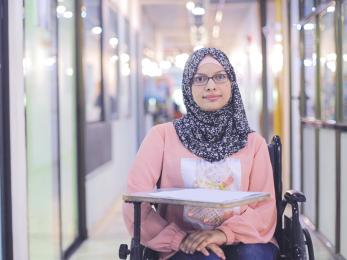What’s at stake when children are detained

Exposure to toxic psychological stress puts young people at risk of a lifetime of mental health issues. Here’s what we can do about it.
In processing centers, military bases, and private facilities along the U.S. border, thousands of migrant children find themselves either separated from their families or detained with them awaiting the next step. But even as a federal judge has ordered migrant families be reunited, the damage may already be done — because detaining children, whether unaccompanied or as a family, negatively impacts their development and exposes them to lifelong health consequences due to toxic psychological stress.
Mercy Corps has joined other organizations in calling for the administration to reunite families and protect the social, emotional and physical well-being of these vulnerable children. Our experience working with young refugees and asylum seekers in dozens of countries around the world informs our unwavering belief that young people — especially those experiencing toxic stress caused by trauma — need the support of family, peers and mentors.
When young people feel this support, they are more able to maintain their well-being and less likely to feel the long-term consequences of toxic stress: risky behavior, unhealthy lifestyles, chronic diseases and mental health issues like depression.

This belief was backed up recently by hard science. When researchers from Yale University studied more than 800 young Syrians and Jordanians in our programs in Jordan, they found that levels of cortisol, the stress hormone, dropped by one-third after young people participated in supportive activities when compared to those who didn’t.
Against a background of war and displacement, these young people felt safer and more secure.
Considering these findings, it is imperative that service providers responsible for the care of detained young migrants — whether separated or with their families — provide access to high-quality mental health and psychosocial support services. These children are likely to have experienced toxic stress for extended periods of time, and the staff who are in contact with them must be trained accordingly.
If we don’t, we will become complicit in contributing to the toxic psychological events that may affect them for life.
These children are likely to have experienced toxic stress for extended periods of time.
Sadly, for many young migrants, their current separation or detainment represents just the latest chapter in a series of adverse events — events that started in the violent neighborhoods they left behind and that persisted during their dangerous journey to the U.S. border. It now becomes our duty, while they are under our care, to prevent further damage and help them recover from their turbulent past.
When we do this, we will position them to become peaceful and productive members of society — whether within our borders or beyond them.


